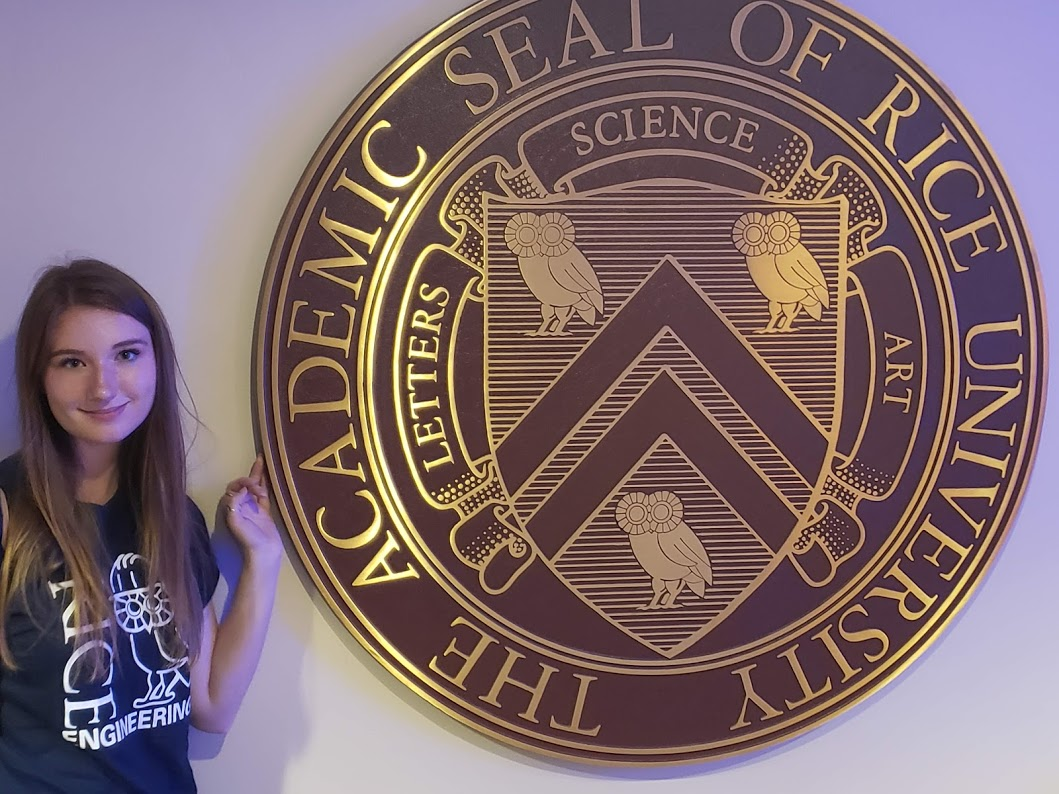I’m back stateside! And after 6 years of living in 110-degree weather in Arizona, I can finally say…..I miss the dry heat. Yes, I have finally come to appreciate what everyone told me I was so lucky for as I melted under the insane Arizona sun. Houston is humid and hot but every single road is encased in these beautiful old overlapping trees that I find myself walking everywhere just to soak it in. I have exactly no less than 7 favorite trees on campus. Costa Rica and now Texas, it will be hard to go back to the desert after this year!
Well much like this summer, we hit the ground running starting immediately with a new local and global project. Being literally a stone’s throw away from the Texas Medical Center has let us take the learning out of the classroom and into the OR. For my local project, I am working on an interdisciplinary team comprised of MBA, MD, and PhD students to innovate within the diagnosis and treatment standards of prostate cancer. Last week was our first observation at MD Anderson where we observed a robotic-assisted surgery using the Da Vinci system (you know, the thing that can do surgery on a grape). It was interesting to note the differences between a high-technology teaching institution and a local specialty hospital from my previous observations.
Being literally a stone’s throw away from the Texas Medical Center has let us take the learning out of the classroom and into the OR.
After about a week of discussing different potential projects, my team decided to investigate one of the needs a classmate found during his time in Radiotherapy in Brazil. We are trying to develop a device or system to limit pediatric patient movements during radiotherapy treatment in order to increase its effectiveness and reduce the need for general anesthesia. Currently, young patients who are frightened of the radiotherapy equipment and process have a hard time staying still which sometimes means they need to be put under anesthesia in order to undergo treatment. For young unhealthy patients, this can be especially dangerous as anesthesia increases many risks, incur significant cost and delay the procedure time significantly.

This afternoon, my team and I were able to meet with visiting radiotherapists from Australia who are pursuing a similar avenue in order to find an adequate solution for their pediatric patients. The current standard is immobilization devices which can be hard to customize and terrifying for the patient. I think there is a great need here to assist young patients in improving their compliance by making a design that is comfortable, effective and fun for them. One of the potentially great things about a solution of this nature is that it could assist pediatric patients in many different settings for various imaging or treatment, compatible with many medical machines which means we could potentially help a large number of kids both in Brazil and at home. I really think we could do great things working with Brazil, our new contacts in Australia and all the departments of TMC.
The rest of my courses have been great so far! I got a little ambitious during the registration period and signed up for 4 additional electives to my core classes to get the most out of this 1 year program. And now that I’ve started classes I understand why everyone cautioned me about adding to my course load. It is a different pace from the consistency of working 9-4 at a company but each day presents new ideas and challenges that keep me on my toes. So far grad school is a lot of reading papers and group discussions. But, I think it’s a welcomed change from scribbling notes off a lecture slide and memorizing formulas to forget by the next test as in undergrad. The GMI program focuses a lot more on the process of how we design, build, test, and market which seems to have so much more application to the real world. We are constantly collaborating, presenting and setting deliverables which keeps me busy but definitely engaged. I am very excited to bring about new ideas for our local and global projects and so far enjoy the rest of the electives I’ve loaded up on. Just to provide a reference, I had 12 things to turn in or finish just since Monday...today is Tuesday (ooh 13 now that I’ve done this blog post!). And I’ve officially become a grad student because our main conversation pieces are about our research and how busy we all are! But less than a month in and we are already making great headway on our projects, I’m excited to see how the next few months will shape our ideas.
Learn more about our one-year, full-time Master of Bioengineering in Global Medical Innovation.

